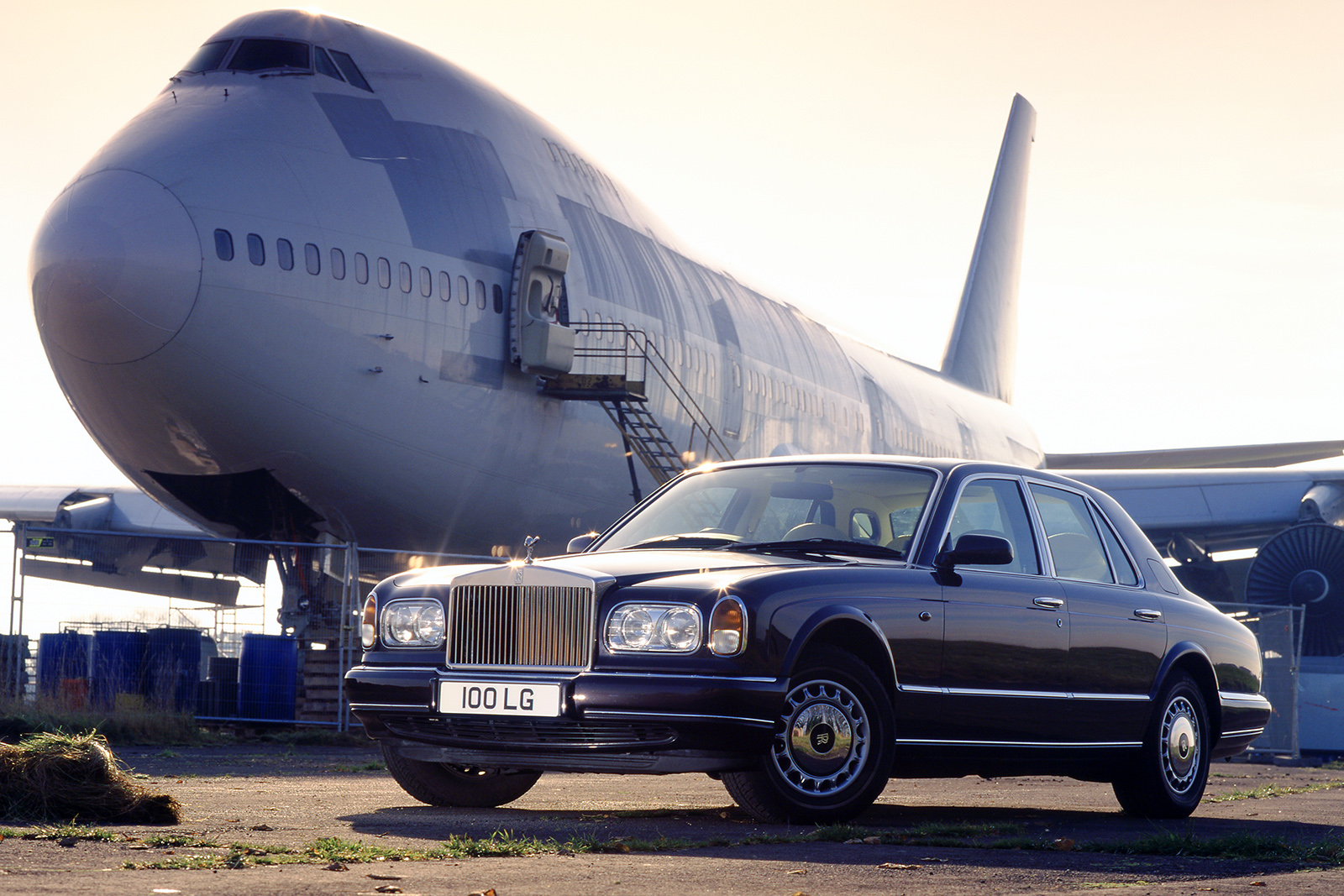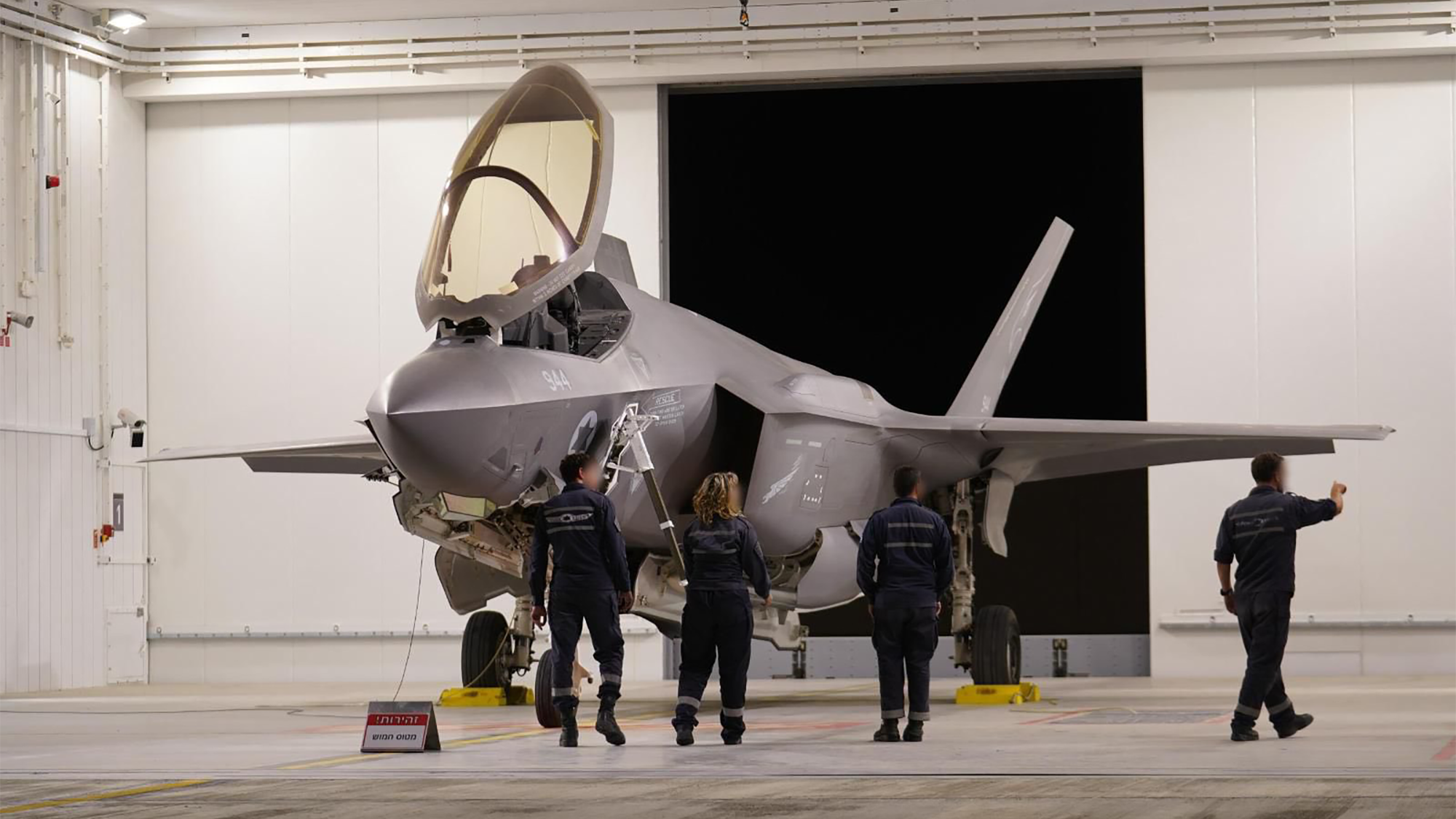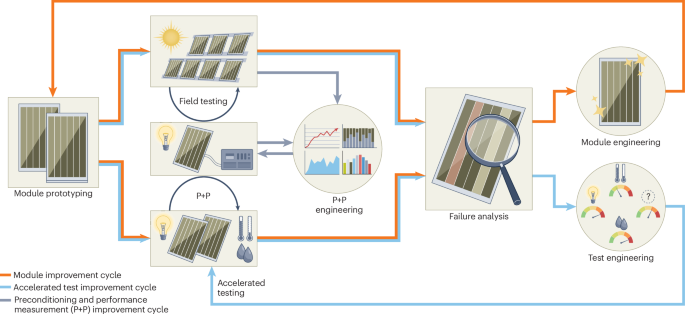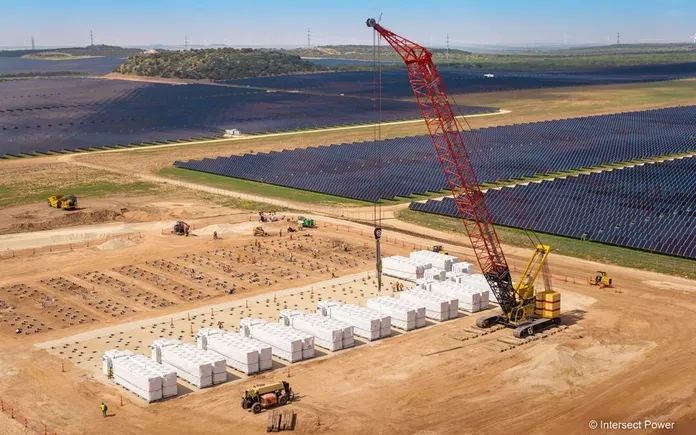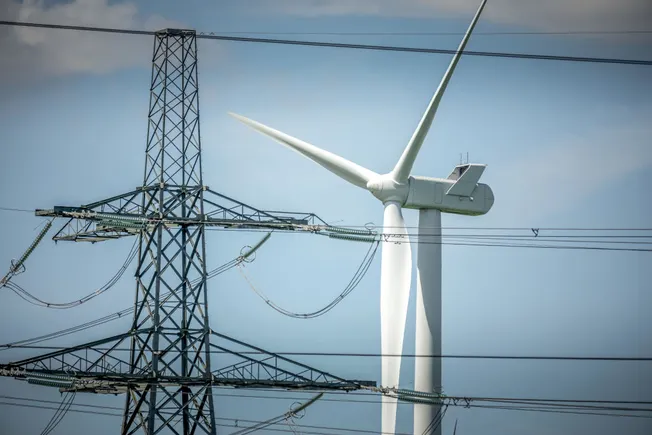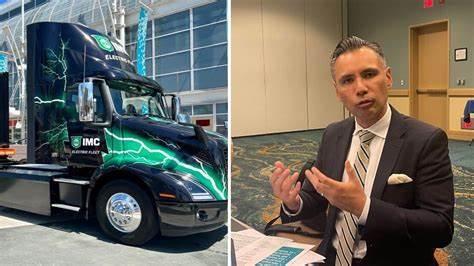Will Texas Enforce FMCSA English Proficiency Rules for Intrastate CDL Drivers?
The Texas Department of Public Safety does not enforce the federal English language proficiency requirement for intrastate CDL drivers. This aligns with state law but may conflict with the FMCSA’s updated ELP enforcement policy, raising questions about federal funding under the Motor Carrier Safety Assistance Program. The post Will Texas Enforce FMCSA English Proficiency Rules for Intrastate CDL Drivers? appeared first on FreightWaves.

In Texas, drivers who cannot read or speak English may still be issued commercial driver’s licenses if they operate solely within the state’s borders. This policy is not new. Per Texas Transportation Code § 522.043(b), the state prohibits requiring English language proficiency for intrastate-only CDL holders. The Texas Administrative Code and the official Texas Commercial Motor Vehicle Driver Handbook support this stance, noting that ELP only applies to interstate drivers.
But a new enforcement directive from FMCSA, effective June 25, states that any commercial motor vehicle (CMV) driver failing to meet the English proficiency standard under 49 CFR 391.11(b)(2) will be placed out of service if operating in interstate commerce. The issue? Texas isn’t enforcing this for intrastate fleets and never really has.
Federal Funds at Risk? MCSAP Says Maybe
This enforcement discretion may violate the Motor Carrier Safety Assistance Program (MCSAP), a federal grant program that gives states funding for enforcement in exchange for aligning with FMCSA safety regulations.
49 CFR 350.305 outlines the limited list of allowable state-level variances. English proficiency isn’t one of them. So, unless Texas has formally petitioned FMCSA for a variance – and DPS leadership confirms the state hasn’t – Texas’ refusal to enforce this could jeopardize MCSAP funding.
TDPS Says No to ELP Enforcement, But FMCSA Says That’s Changing
The Playbook directly messaged leadership at Texas DPS, and the agency stated that it does not have a formal FMCSA-approved exemption. However, historically, FMCSA has turned a blind eye. That leniency may be coming to an end.
Texas never enforced English proficiency for Intrastate drivers before the 2014-2015 FMCSA enforcement directive and still hasn’t. But now, with FMCSA saying ELP violations will result in out-of-service orders, the conversation is shifting. Texas may be forced to act if FMCSA chooses to enforce funding eligibility under MCSAP.
What’s at Stake for Fleets?
For now, fleets operating intrastate in Texas may continue employing non-English-speaking drivers with a restricted CDL if they stay within the state. But carriers need to be extremely careful:
- Interstate operations are subject to federal ELP enforcement. That includes for-hire and private carriers operating across state lines or hauling loads that begin or end outside Texas.
- MCSAP enforcement could force Texas to revise its policies or risk losing significant federal funding.
- Border state complications may emerge. As a border state, Texas is uniquely exposed to federal scrutiny, especially given the broader political climate and FMCSA’s evolving enforcement stance.
Compliance Is No Longer Optional
The key takeaway? Carriers must evaluate whether their drivers are genuinely intrastate and ensure their CDL designations, load documentation and operational areas support that claim. The days of looking the other way on English proficiency may be numbered.
As the FMCSA steps up enforcement and grant eligibility becomes more stringent, states like Texas may be forced to close the gap between state law and federal expectations or risk the financial and regulatory fallout.
The post Will Texas Enforce FMCSA English Proficiency Rules for Intrastate CDL Drivers? appeared first on FreightWaves.











